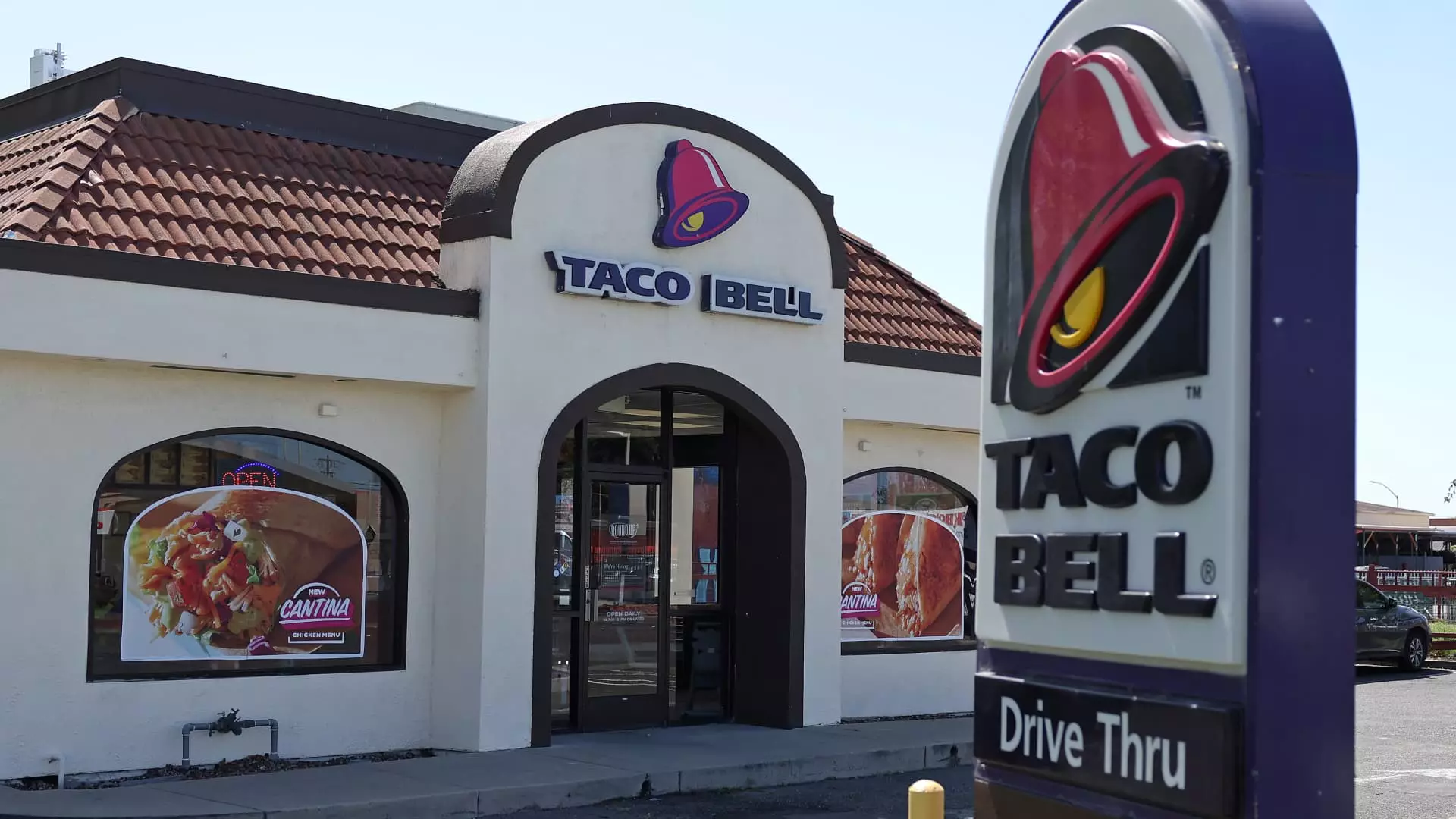In light of a recent E. coli outbreak linked to McDonald’s, major players in the fast-food industry, including Yum Brands and Restaurant Brands International, have taken precautionary measures to ensure consumer safety. The outbreak, which has already led to one fatality and 49 illness cases across ten states, has prompted swift reactions and a reevaluation of supply chains throughout the fast-food sector. This article examines the ongoing situation, the responses from key brands, and the implications for food safety moving forward.
The origins of the E. coli outbreak remain a subject of investigation, with health authorities currently looking into potential sources. Notably, the Centers for Disease Control and Prevention (CDC) has identified that a significant number of individuals who fell ill consumed Quarter Pounder burgers from McDonald’s. As investigators analyze the situation, they have narrowed their focus to specific components of the burgers, namely the fresh beef patties and sliced onions. The beef patties are sourced from various suppliers, but a single facility is responsible for processing the onions.
As more information unfolds, the weight of the situation lies in the fact that E. coli is a serious health risk, particularly for vulnerable populations. The symptoms stemming from this bacteria can range from mild gastrointestinal distress to severe complications, making it imperative for foodservice companies to act decisively and transparently.
Yum Brands, the parent company of Taco Bell, KFC, and Pizza Hut, has taken an immediate step in response to the outbreak by pulling fresh onions from select locations. The spokesperson for the company stated that they are acting out of caution as they closely monitor the situation. However, specifics regarding how many restaurants have been affected were not disclosed. This lack of detail raises questions about transparency and consumer trust, both of which are crucial in a crisis of this nature.
Furthermore, it is important to note that Yum Brands has not confirmed whether their removal of onions from their menu was directly related to the McDonald’s outbreak. This uncertainty could lead to public confusion or concern regarding the safety of their products. Clarity in communication is key to mitigating consumer fears during such widespread health crises.
On a parallel track, Burger King has also acted quickly, removing onions from 5% of its U.S. restaurants based on their supply chain review. The company’s findings linked the onions to the same Taylor Farms Colorado facility at the center of the E. coli investigation. By insisting that their onions are only whole, fresh ones cut in-store, Burger King emphasizes their commitment to food safety. Their proactive approach, along with immediate disposal of potentially contaminated stock, showcases a diligent effort to prevent the outbreak from spreading further.
However, the effectiveness of these measures could be questioned, particularly since there have been no direct warnings from health authorities about the brands. Thus, the challenge remains—will this proactive stance resonate with consumers, and will they be assured of their food safety in the long run?
The ripple effects of the outbreak extend beyond immediate safety concerns. With public perception so heavily influenced by high-profile incidents like this, fast-food chains will need to invest more resources into enhancing their food safety protocols. The demand for improved supply chain transparency may rise, as consumers become increasingly conscious of where their food comes from and how it is handled.
Moreover, economic ramifications could manifest as consumers reevaluate their dining choices. Brands that prioritize safety and demonstrate accountable behavior have the potential to recover more swiftly than those that fail to engage with the public’s concerns. As the investigations continue, the fast-food industry will undoubtedly feel the pressure to innovate and uphold higher standards of food safety to maintain trust and ensure consumer loyalty.
The recent E. coli outbreak has prompted significant reactions from major fast-food chains like Yum Brands and Burger King. The necessity for heightened food safety measures has never been clearer. Both companies’ responses, while proactive, also highlight the critical need for transparency in communication and accountability within the food supply chain. As this situation continues to unfold, the industry must rise to the challenge by ensuring food safety, building consumer trust, and preparing for a future where safety is paramount in the dining experience.

